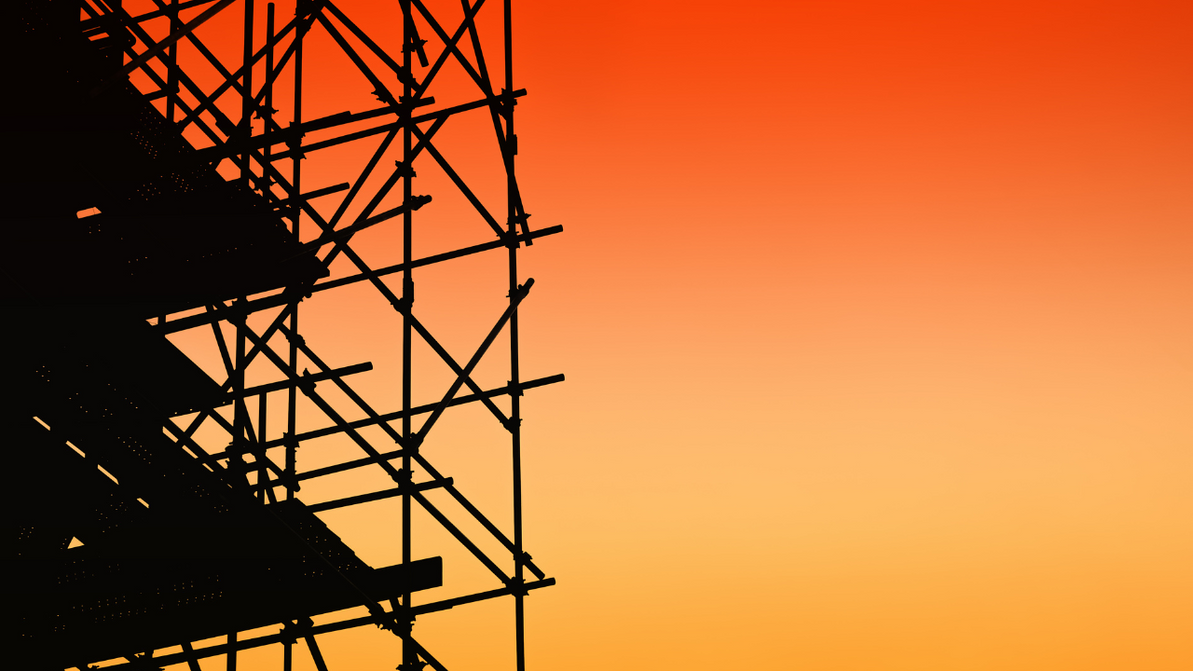How Different Countries Use Scaffolding: A Global Look at Construction Techniques
Scaffolding is a universal component of construction—but how it’s used, what it’s made of, and even how it’s engineered varies dramatically across the globe. From the lightweight aluminum systems of Europe to the time-honored bamboo frameworks of Hong Kong, different countries rely on scaffolding methods shaped by tradition, technology, and building codes.
Hong Kong: Bamboo Scaffolding, an Art Form in Itself
In Hong Kong, bamboo scaffolding isn’t just common—it’s iconic. This ancient method, known as "truss-out bamboo scaffolding," has been used for centuries and is still seen on everything from high-rise buildings to billboard installations.
Why bamboo? It’s lightweight, flexible, biodegradable, and—perhaps surprisingly—very strong. Skilled workers known as “scaffold masters” tie the bamboo poles together using nylon strips, relying on experience and precision rather than heavy hardware. Despite its old-world appeal, bamboo scaffolding is still permitted and regulated by local building authorities.
Europe: Precision and Prefabrication with Aluminum and Steel
In contrast, scaffolding across Europe tends to be sleek, modular, and often made from aluminum or galvanized steel. Countries like Germany, the UK, and Scandinavia favor standardized systems that emphasize safety, speed, and efficiency.
Prefabricated scaffolding systems like ringlock or cuplock are commonly used, designed for rapid assembly and strict compliance with EU safety codes. Lightweight aluminum makes it easier to transport and handle, especially in historic city centers with narrow streets or delicate facades.
Japan: Technological Integration Meets Tight Spaces
Japan’s scaffolding systems are uniquely tailored to its dense urban environments and seismic concerns. Frame and brace systems, often combined with engineered shoring, are used for both speed and safety. Japan also leads in robotic and automated scaffolding technologies, reducing labor costs and improving efficiency on large-scale builds.
Middle East: Heavy-Duty Steel for Monumental Projects
In the Middle East, particularly in oil-rich countries like the UAE and Saudi Arabia, scaffolding is often geared toward large-scale commercial or infrastructure projects. High-temperature-resistant steel scaffolding is common on petrochemical sites, while modular systems dominate high-rise and megaprojects in cities like Dubai.
Scaffolding here must not only handle height but also extreme heat and wind conditions, and is often paired with formwork systems for concrete casting on a massive scale.
United States: A Blend of Practicality and Performance
In the U.S., scaffolding use varies widely depending on region and project size. Frame scaffolding is still common in residential work, while system scaffolding like ringlock is favored for commercial construction, industrial maintenance, and restoration projects.
Safety standards are governed by OSHA, and there's a growing push toward lightweight, durable systems that allow for faster setup and teardown. Many companies are now investing in accessories like scaffold stair towers, pump jacks, and walk-through frames to improve efficiency on the job.
Takeaway: One Tool, Many Traditions
Scaffolding is one of the most essential tools in construction, but it’s fascinating to see how cultures approach it differently. Whether it’s handcrafted bamboo woven by artisans or prefabricated aluminum systems engineered with precision, scaffolding tells a story about the region, the resources, and the people building the future.
Recent Posts
-
How to Lead a Toolbox Talk That Doesn’t Put People to Sleep + Free Checklist and Sample
We’ve all been there. You gather the crew for a safety meeting, and within 60 seconds …Jul 16th 2025 -
The Unwritten Rules of the Jobsite
Because not everything comes with a manual. Construction sites have their own rhythm, language, and. …Jul 16th 2025 -
10 Times Scaffolding Stole the Show in Movies
Iconic Scenes Where Steel Pipes Became Supporting Actors Scaffolding might not be the first thing t …Jul 14th 2025




